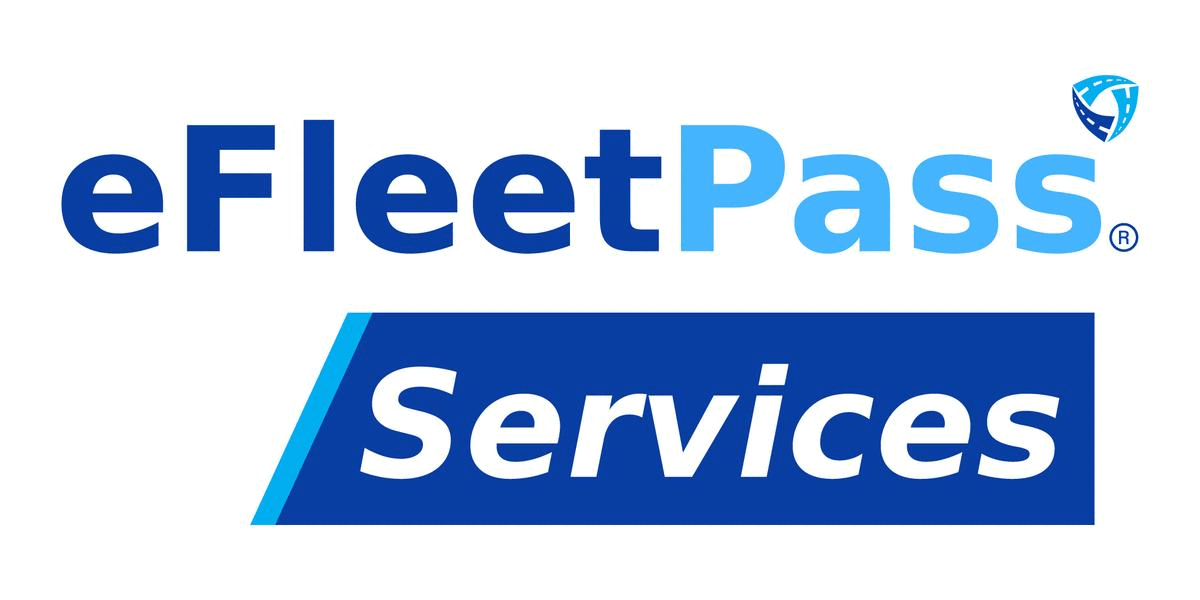In Australia, toll roads are typically managed and controlled by a combination of government entities, private companies, and public-private partnerships (PPPs). The responsibility for toll roads may vary depending on the specific state or territory where the toll road is located. Here are the key stakeholders involved in controlling toll roads in Australia:
State Government: In most cases, state governments have a significant role in planning, funding, and overseeing toll road projects within their respective states. They may collaborate with private companies or enter into PPP agreements to develop and manage toll roads.
Private Companies: Private companies, often referred to as toll road operators, are responsible for the day-to-day operations, maintenance, and collection of tolls on specific toll roads. These companies are typically selected through competitive bidding processes or awarded contracts based on their expertise and proposed project plans.
Public-Private Partnerships (PPPs): PPPs involve collaboration between government authorities and private companies to develop, operate, and finance toll road projects. This partnership allows the sharing of risks, resources, and expertise to deliver infrastructure projects efficiently.
Toll Road Authorities: Some states or regions have toll road authorities that are established to oversee the management and regulation of toll roads within their jurisdiction. These authorities may be responsible for setting toll rates, implementing toll collection systems, and ensuring compliance with relevant regulations.
Local Councils: In some cases, local councils may have authority over toll roads that are located within their municipalities. They may work in conjunction with state governments and toll road operators to address local traffic and infrastructure needs.


